2. Boredom:
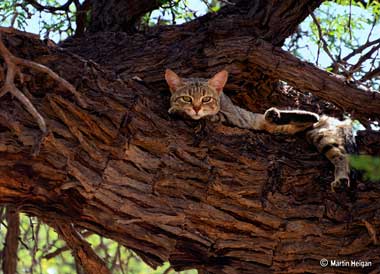
An indoor lifestyle devoid of environmental enrichment can lead to cats sleeping during the day and seeking attention from their owners at night.
3. Restlessness/Insomnia:
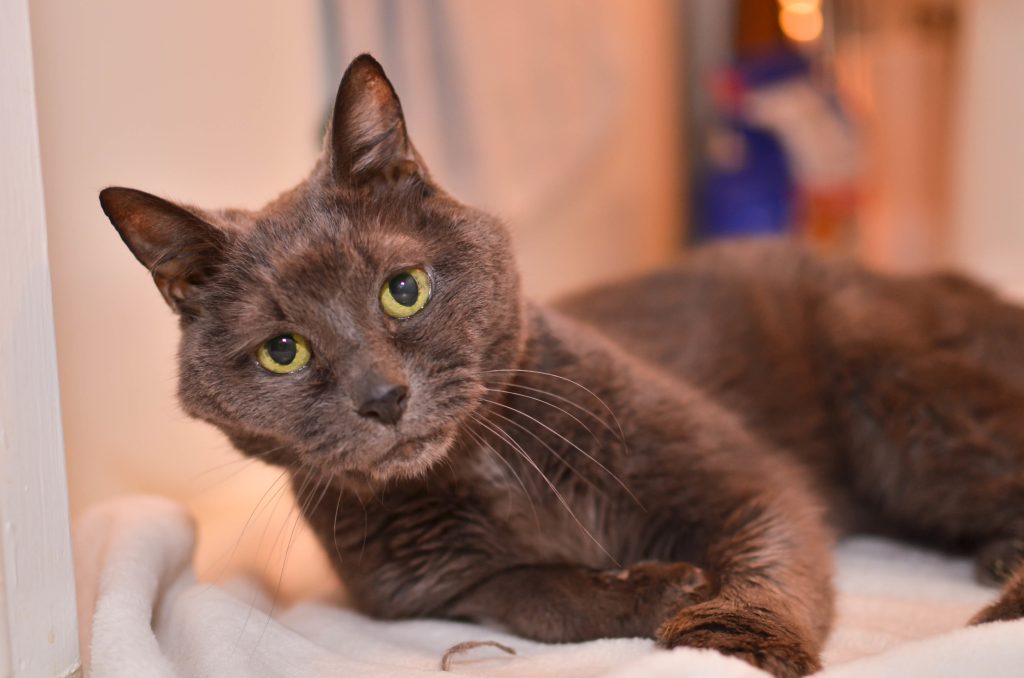
Some cats experience nighttime restlessness despite their natural need for prolonged sleep. These cats may roam the house at night, play with objects, or try to engage their owners, even during sleep.
While this behavior is partly attributed to a cat’s nocturnal or crepuscular nature, it can be disruptive. If your cat’s sleep patterns are severely affected, a comprehensive behavioral consultation and veterinary examination may be necessary.
4. Environmental Changes:
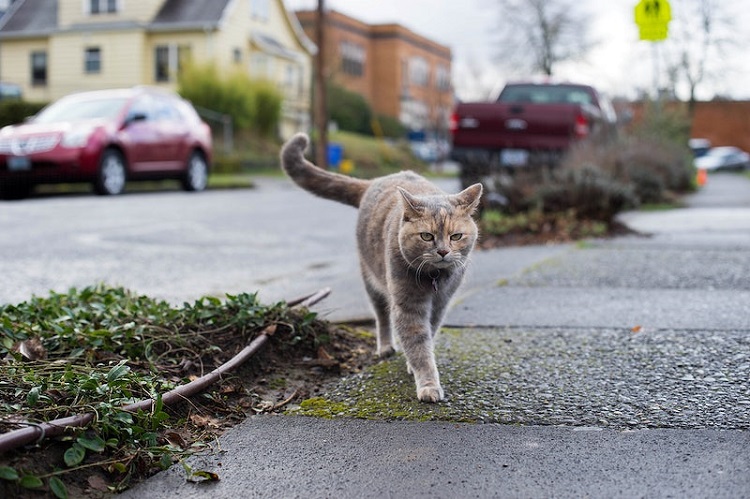
Cats are territorial animals, and any significant changes in their environment, like moving to a new home, can trigger emotional distress, appetite loss, and sleep disruptions as they perceive new environmental threats.
5. Cognitive Dysfunction in Older Cats:
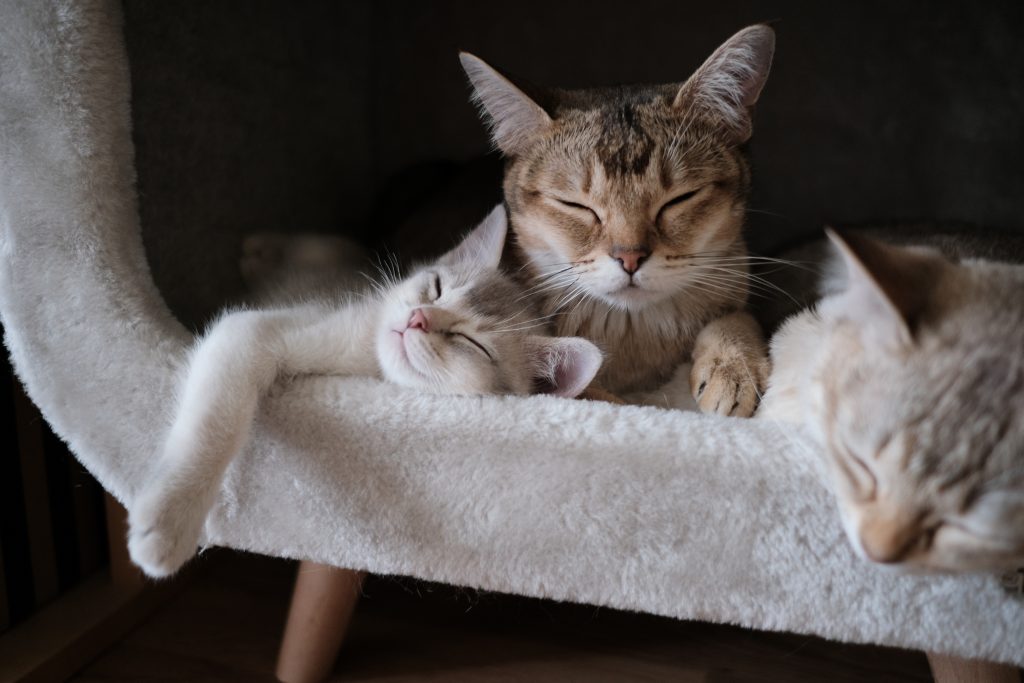
Aging can lead to cognitive decline in cats, resulting in behavioral changes like confusion, memory issues, and altered sleep patterns. Signs of a disrupted sleep/wake cycle may include frequent nighttime waking, increased daytime naps, and heightened nocturnal vocalization. This condition is known to affect more than 50% of cats over 15 years of age.
How to Encourage Your Cat to Sleep at Night
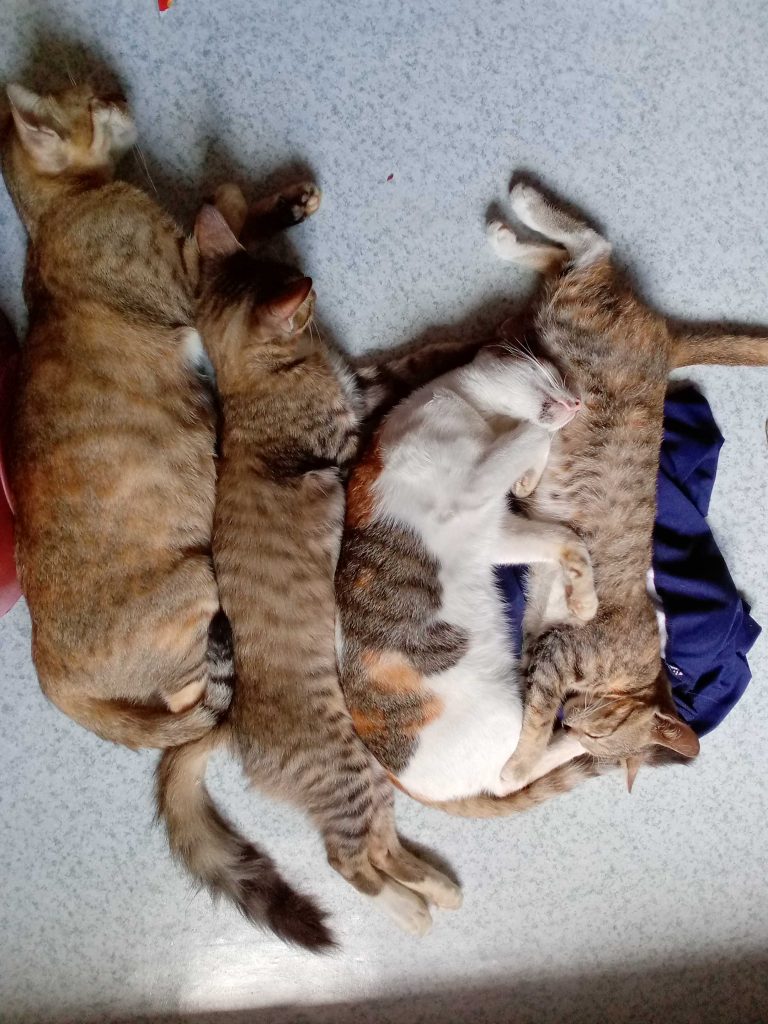
Once you’ve pinpointed the cause of your cat’s nighttime activity, it’s time to take measures to help them get a good night’s sleep. Your approach will depend on your cat’s unique circumstances, but the following suggestions will guide you in the right direction.
- Create a Cat-Friendly Home Environment:
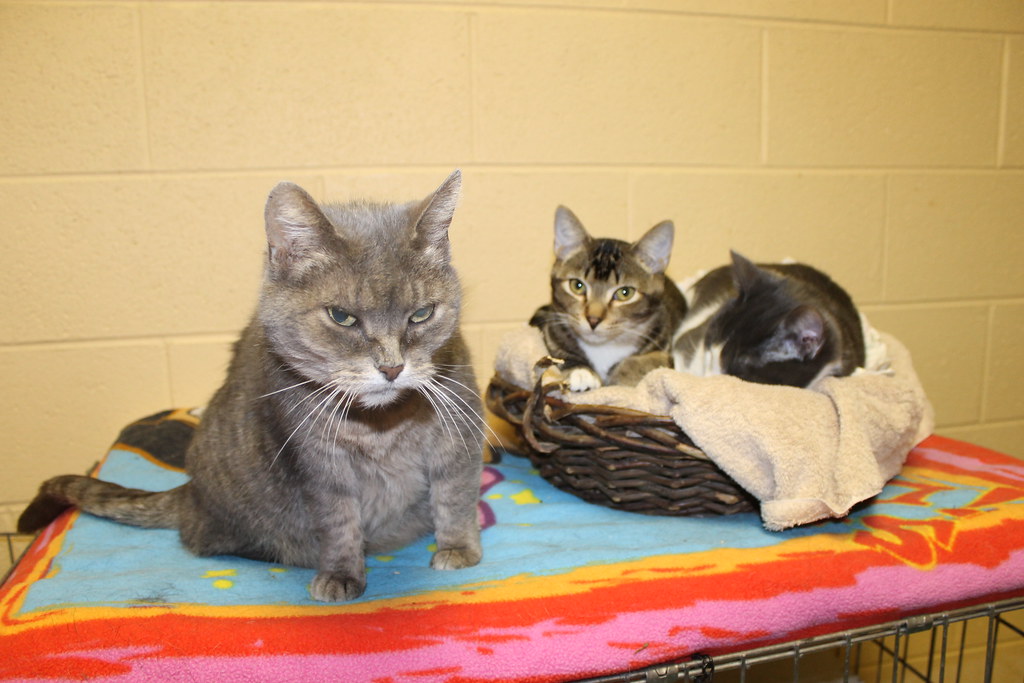
Design an enriched indoor space that encourages activity, combats mental boredom, and curbs behavioral issues.
This stimulating environment should offer opportunities for climbing, play, exploration, and problem-solving, all without constant owner involvement. Incorporate scratching posts, cat trees, engaging toys, and cozy hiding spots.
Click the ‘Next’ button to finish reading the article on the next page.


